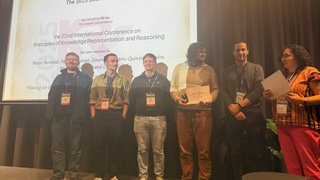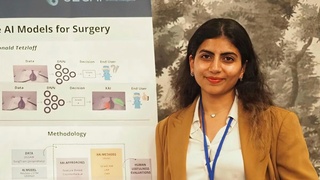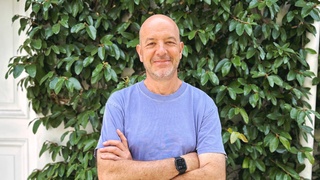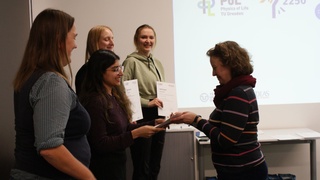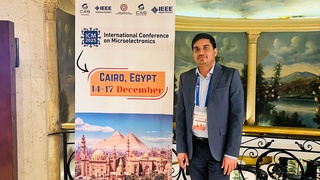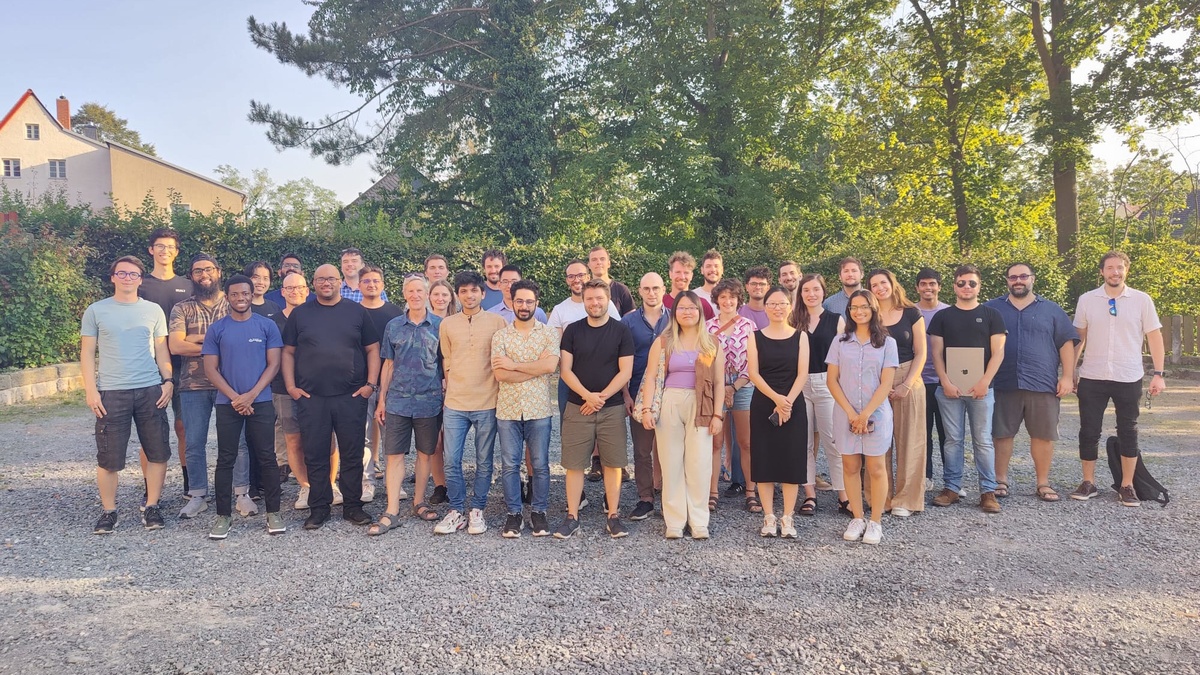
September 20, 2024
SECAI Successfully Unites the Touch Sensing and Processing Community at Their First Summer School
The first Touch Sensing and Processing Summer School brought together 40 participants from 15 nations in Pirna near Dresden to discuss tactile sensing in robotics. Under the guidance of Roberto Calandra, the event offered international researchers a platform to exchange ideas with leading experts and laid the foundation for the promotion and training of new talent in this important field of research. Tactile sensors are seen as the key to the next breakthrough in robotic manipulation.
When it comes to tasks that cognitively challenge us humans, computers and AI technologies are already far ahead in certain areas. However, as soon as these systems are required to physically interact with their environment, they often achieve no more than the motor skills of a small child. The researchers gathered at this summer school agreed on one point: the mere processing of image data provides insufficient information about the properties of the objects that robotic systems are supposed to manipulate. Material properties such as surface structure, weight and hardness in particular play a key role if robotic systems are to be used flexibly in a variety of different applications. Tactile sensors therefore offer a promising opportunity to achieve the next breakthrough in robotic manipulation.
In relation to its importance, research in the field of tactile sensing and processing is still relatively moderate in scope. With the Touch Sensing and Processing Summer School, Roberto Calandra and SECAI want to offer the first platform for international researchers to receive input and discuss their research topics. To this end, he invited leading experts from research and industry (TouchLab and Meta AI) to Pirna to provide participants with insights into their work with tactile sensors. The invited experts included Prof. Mark R. Cutkosky from Stanford University, who spoke about the multimodality of the sense of touch and includes biological properties in his research, Zaki Hussein, who offered valuable insights into industrial applications through his company Touchlab Limited, and Merle Fairhurst, who shed light on the field from a psychological perspective. In addition to the presentations, the event included a wide range of interactive modules, including workshops, discussions and a poster session. In addition to and in support of the professional exchange, the Summer School offered cultural activities and open formats that promoted exchange between the participants. This atmosphere is exemplified by the statement of participant Zain Murtaza: “We all lived together here, and in all social interactions we discuss these ideas in a friendly and open way. I really like this atmosphere and I also benefit from the experience of some outstanding researchers”.
The Summer School offers an essential contribution to the rapid growth of this important field of research. Looking at the past few days and the coming years, Roberto Calandra emphasizes the importance of such initiatives: “I hope that we can continue the Summer School for Touch Sensing and Processing for many years to come, because we urgently need events that bring our research community together and encourage new doctoral students who want to work in this field”.
